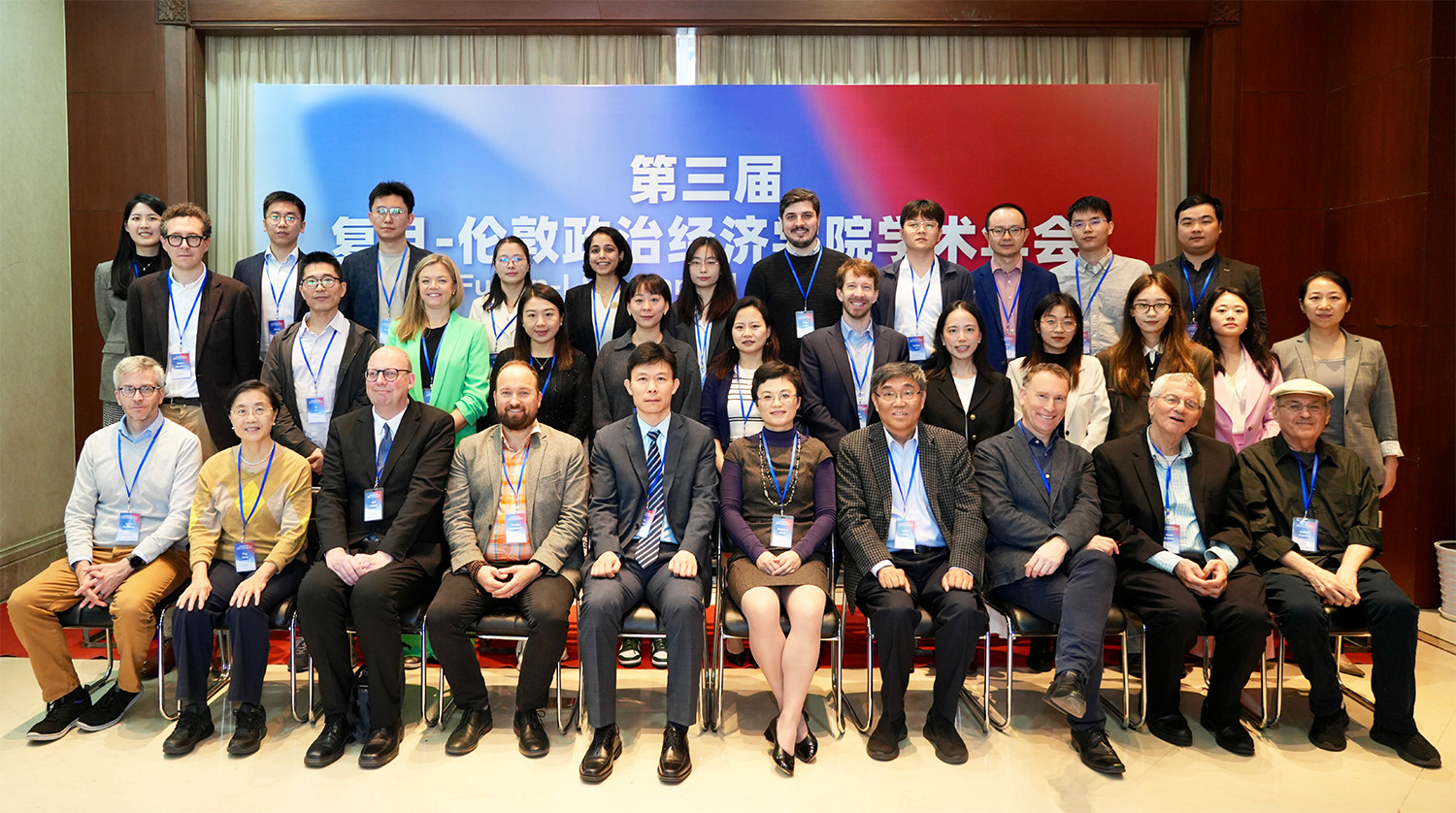
On November 3-4, 2024, the 3rd “Fudan-LSE Annual Academic Conference” was held at Fudan University. The theme of this year’s conference was “Rethinking Global Public Policy: Actors, Mechanisms, and Performance.” The conference was jointly held by the Institute for Global Public Policy (IGPP) of Fudan University, the LSE-Fudan Research Centre (Centre) for Global Public Policy, and the LSE-Fudan Global Public Policy Hub (Hub).
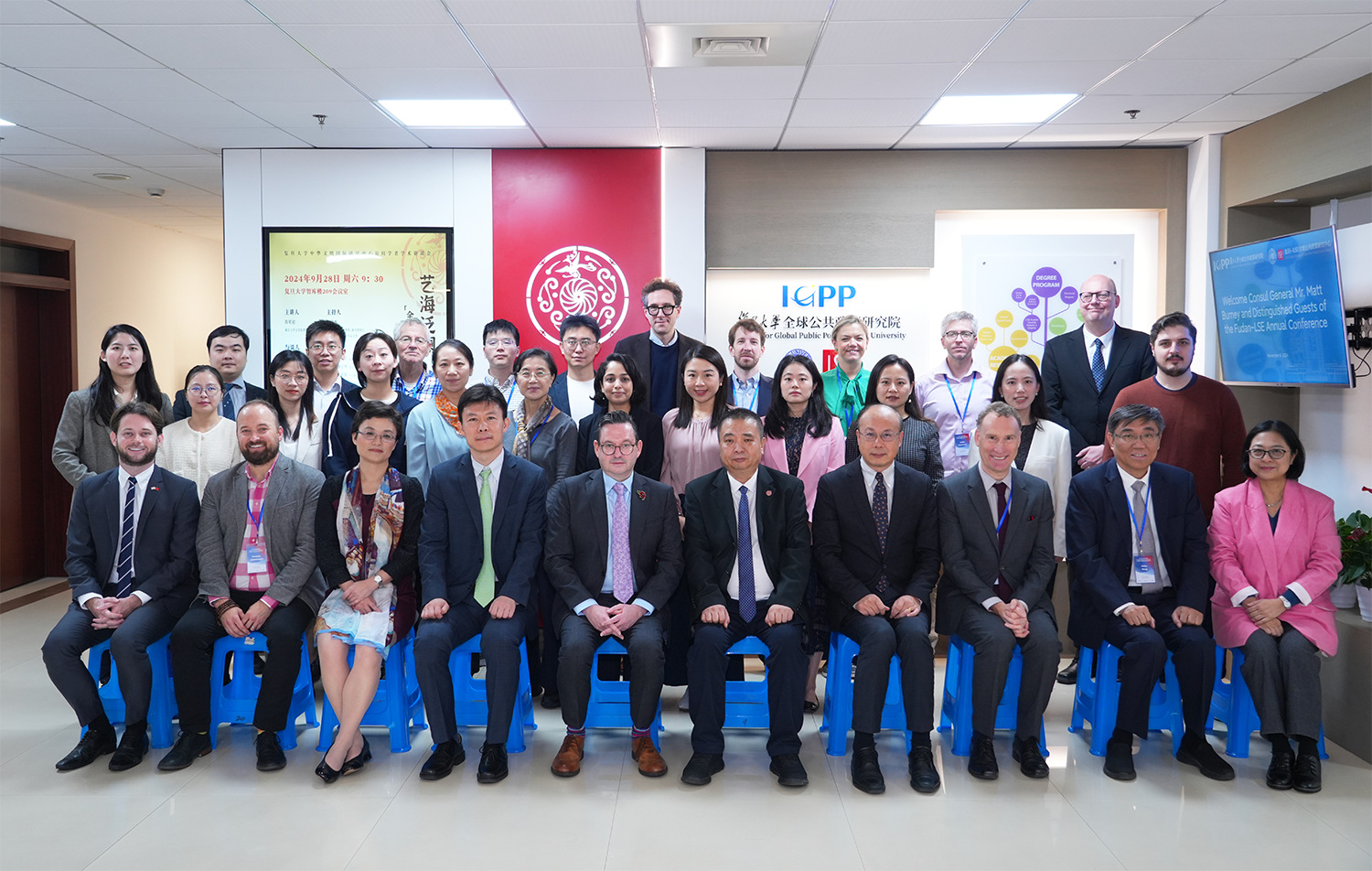
During the opening session, President Li Jin of Fudan University delivered the welcome speech to the attendees. He emphasized that collaboration between global universities is a vital aspect of global governance, not only fostering the joint production and dissemination of knowledge but also serving as a key mechanism for the exchange and coexistence of civilizations. Mr. Matt Burney, British Consul General in Shanghai, remarked that China and the UK share a global responsibility, making mutual cooperation essential. He noted that 2024 marks the 25th anniversary of the 'sister city' relationships between Shanghai and Liverpool as well as Shanghai and Greater London, with continuous deepening collaboration in areas such as higher education and broad opportunities for cooperation in fields such as climate action and AI governance. Professor Xizhe Peng reflected on his academic journey at LSE and his 36-year career at Fudan and encouraged young scholars to apply their advantages to achieve better theoretical innovation and more effective responses to global challenges. Professor Zhimin Chen, Vice President of Fudan University, presided over the opening ceremony.
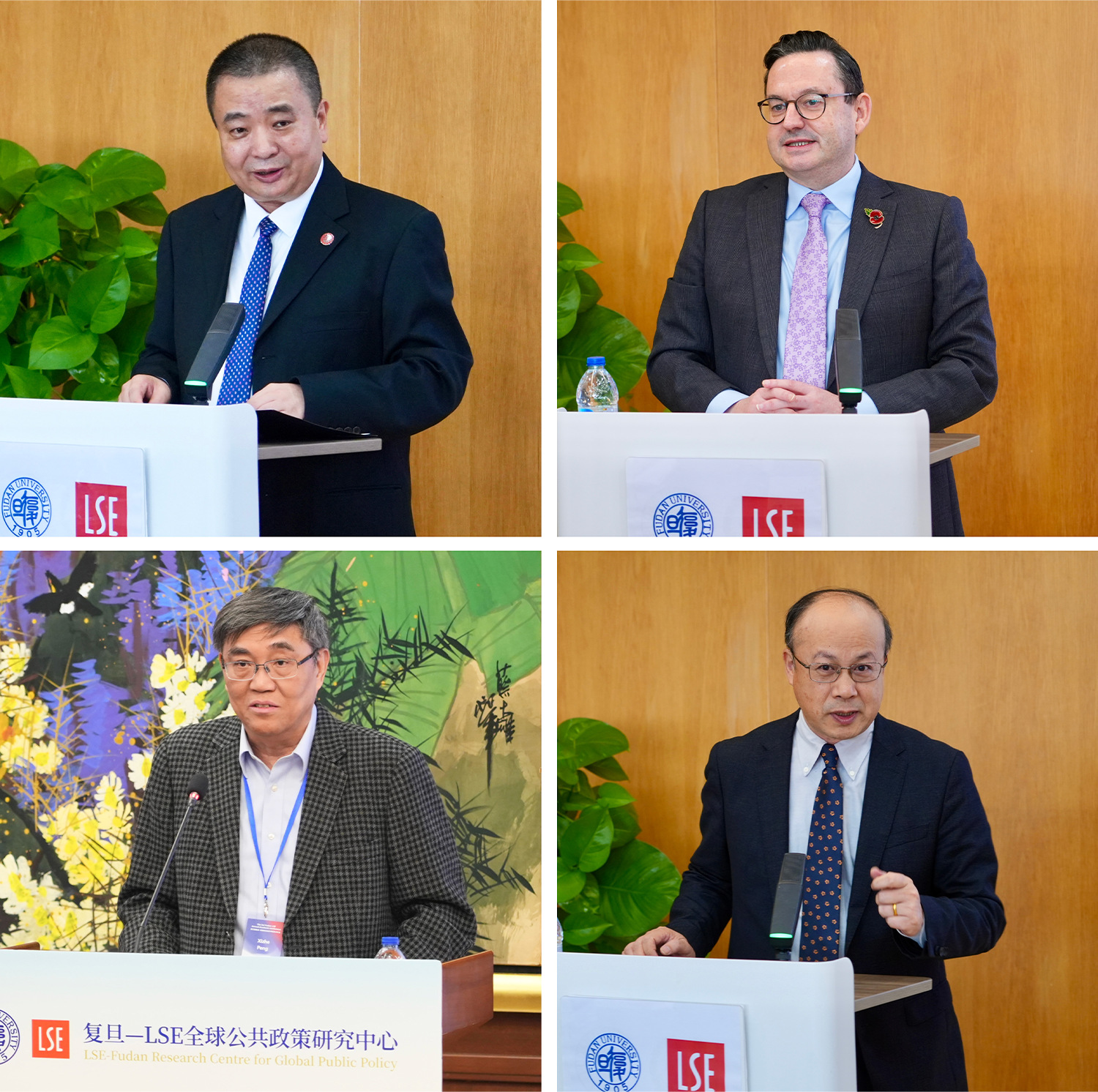
Professor Alexander Evans from the LSE School of Public Policy delivered the keynote speech at the conference. As a career diplomat, senior government advisor, and recipient of the Officer of the Order of the British Empire (OBE), Professor Evans emphasized the importance of building positive relationships in addressing global public policy challenges, particularly in areas of health, environment, and technology. Professor Evans also highlighted China’s innovative approaches to AI regulation and discussed the interdependence between technology and international development, calling for global cooperation and interdisciplinary approaches to tackle the increasingly complex challenges of contemporary public policy.
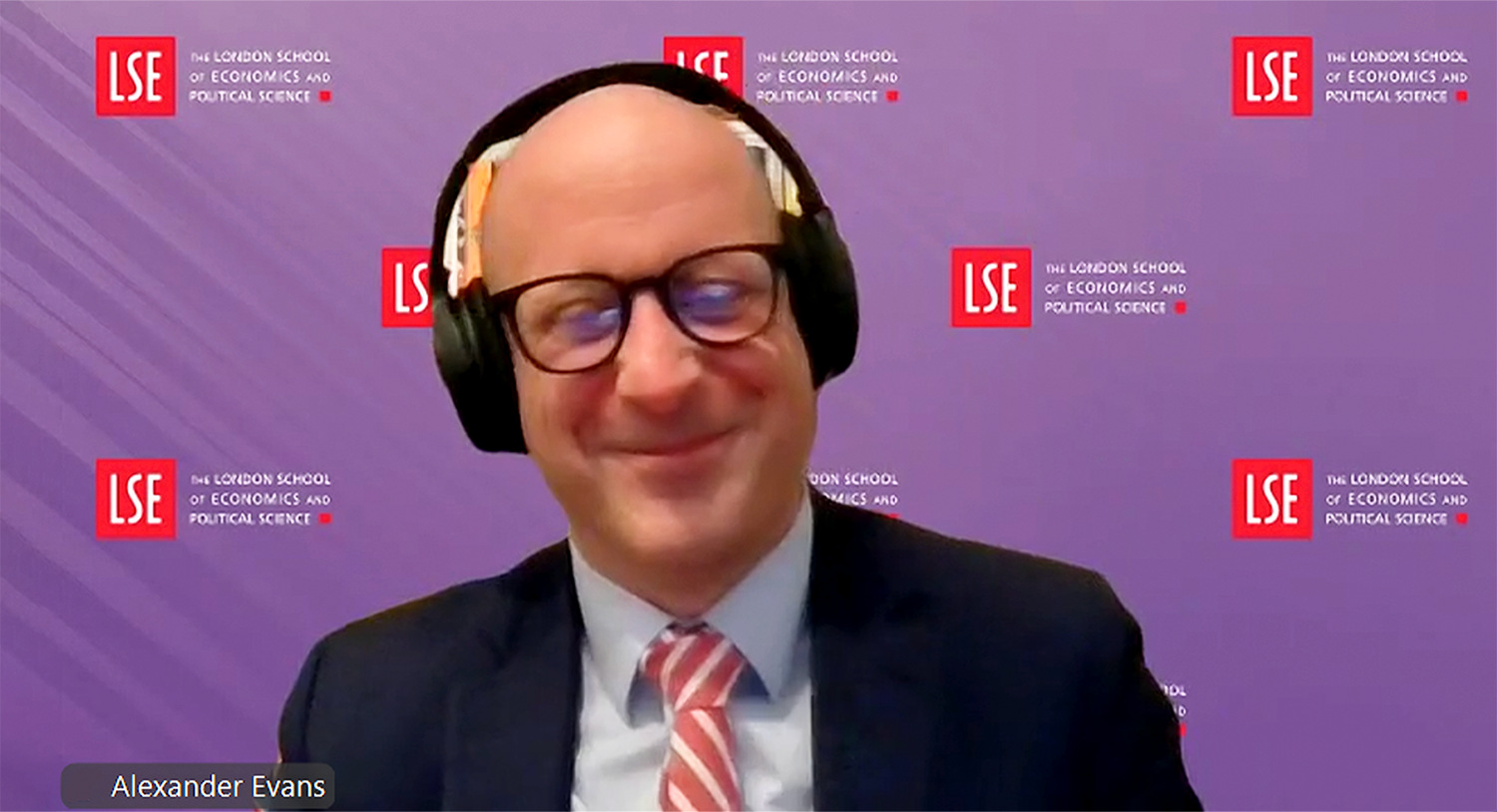
The conference included five panels. The first panel focused on Global Environmental Governance. Huajun Yu, from the Department of Environmental Science and Engineering at Fudan University, examined how policies and innovation drive the sustainable development of the bioeconomy. Daniel Guttman, from IGPP, provided insights into collaborative approaches for climate adaptation governance. Zhiwei Wu from the Institute of Atmospheric Sciences at Fudan University, analyzed the climatic impacts of the Antarctic ozone hole on East Asian winter precipitation. Tanvi Deshpande from the Centre, explored the role of local norms in shaping regional climate landscapes. Yanyan Huang, also from the Department of Environmental Science and Engineering, discussed the significance of shared-value communities in fostering societal transformation. Gong Ting, from IGPP, moderated the panel.
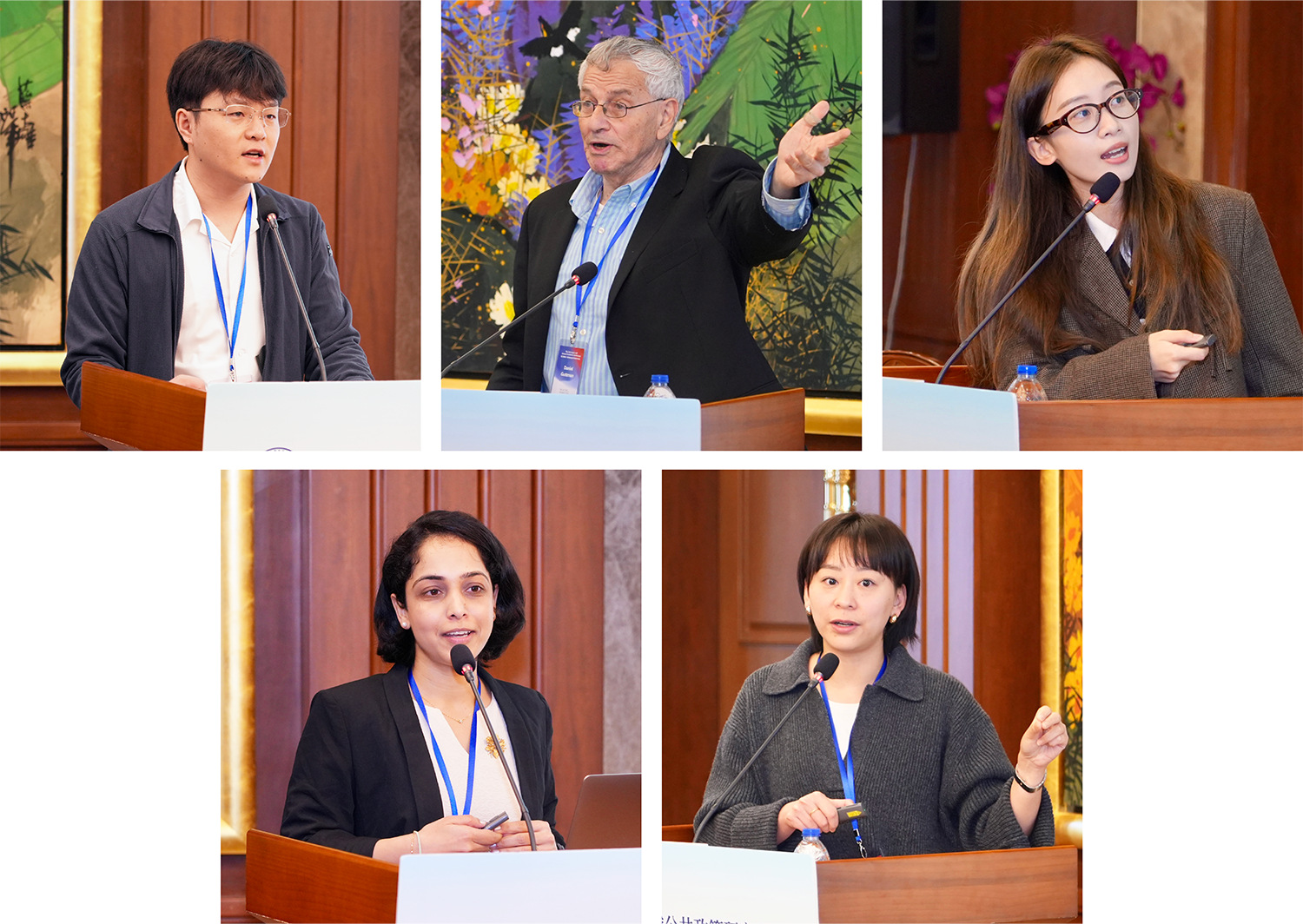
The second panel centered on Science, Technology, and Innovation. Richard Freeman, from the Department of Economics at Harvard University, delivered a talk on the high concentration of economics awards at top schools. Jiang Li, from School of Information Management at Nanjing University, analyzed the mechanisms and impacts of AlphaFold in shaping the research directions of biomedical scientists. Li Tang, from the School of International Relations and Public Affairs at Fudan University, examined the influence of China's health technology assessment on decision-making. Xi Lin, from Fudan Institute for Advanced Study in Social Sciences, discussed China’s governance model for big data. Wenyan Tu, from IGPP, analyzed the varying effects of proxy control transparency on corruption latency. Meijun Liu from IGPP moderated the panel.
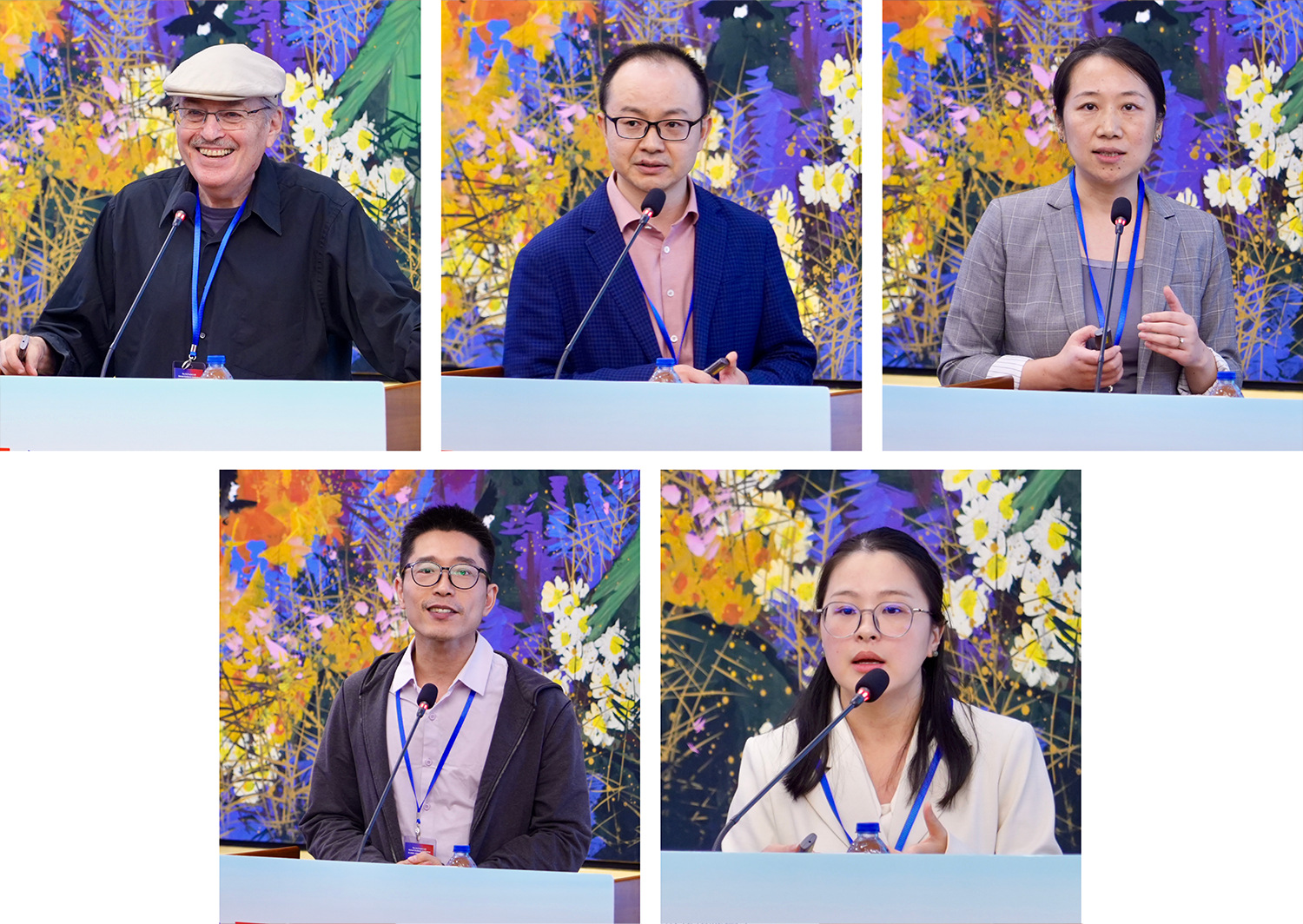
The third panel focused on International Development. Alvaro Mendez, from LSE, discussed the impact of expanding membership in multilateral development banks. Robert Basedow, from the LSE European Institute, analyzed how external shocks have reshaped the supply-side of EU regional integration. Tinghua Yu from Birkbeck, University of London, explored the 'sisterhood effect' on women's empowerment in Kenya. Yuezhou Yang, from the Centre, shared insights on the role and impact of Chinese agricultural projects in land governance in Zambia. Yunxiong Li, from IGPP, presented on the material basis of the value of technological innovation. Andrew Street from the LSE Department of Health Policy moderated the panel.
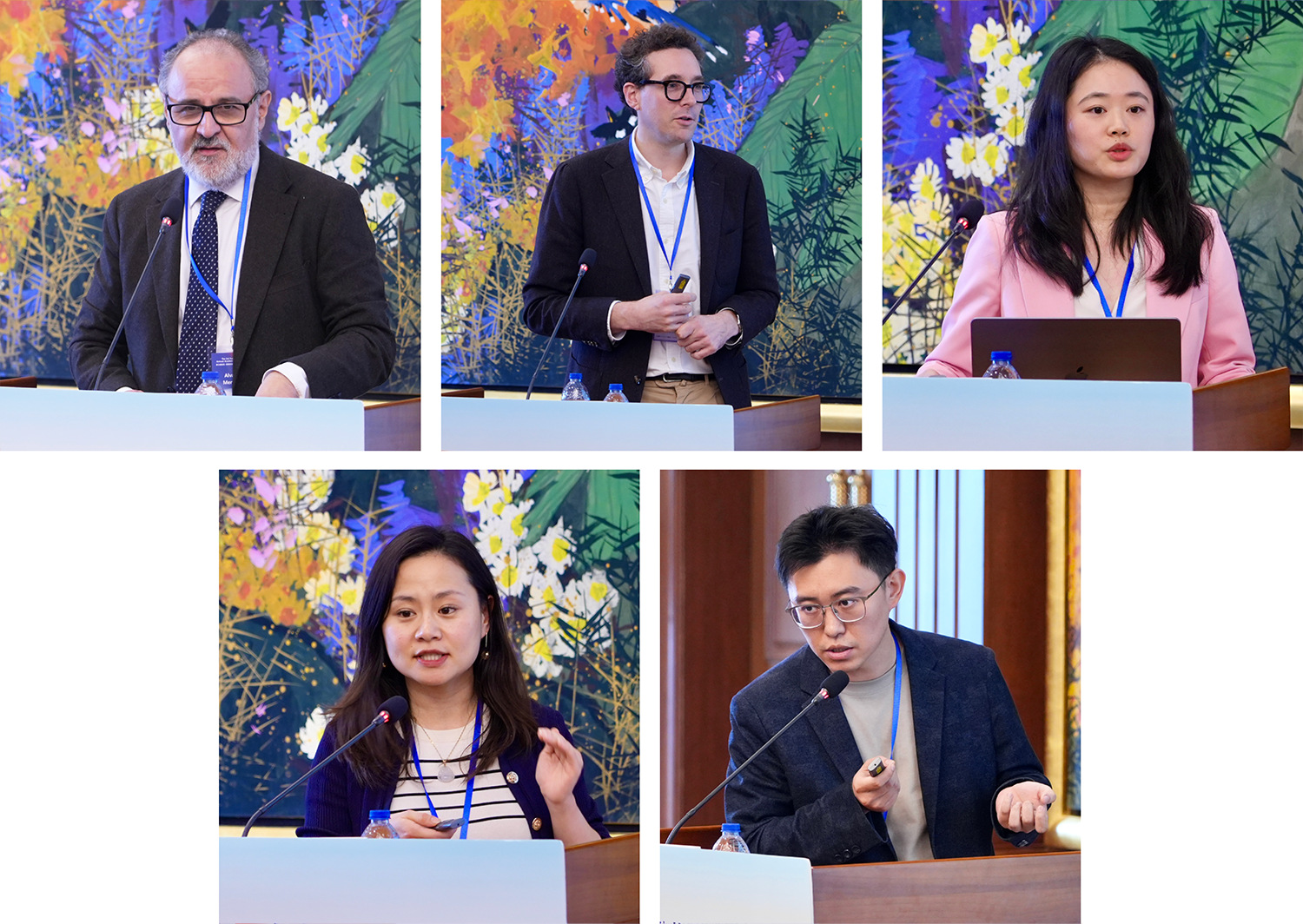
The fourth panel focused on Technology Governance. Karl Löfgren, from the School of Government at the Victoria University of Wellington, delivered a speech on the application of AI in the public sector. Ziteng Fan, from IGPP, presented on the risks of automation and policy preferences. Blake Miller, from the LSE Methodology Department, discussed how to ensure the quality of digital text data generated by large language models. John Minnich, from the LSE Department of International Relations, analyzed the roots and impacts of the US-China 'Chip War.' Xingdong Fang, from the College of Media and International Culture at Zhejiang University, provided an analysis of the US-China tech war and the global new technological order. Bingchun Meng, co-director of the Hub moderated the panel.
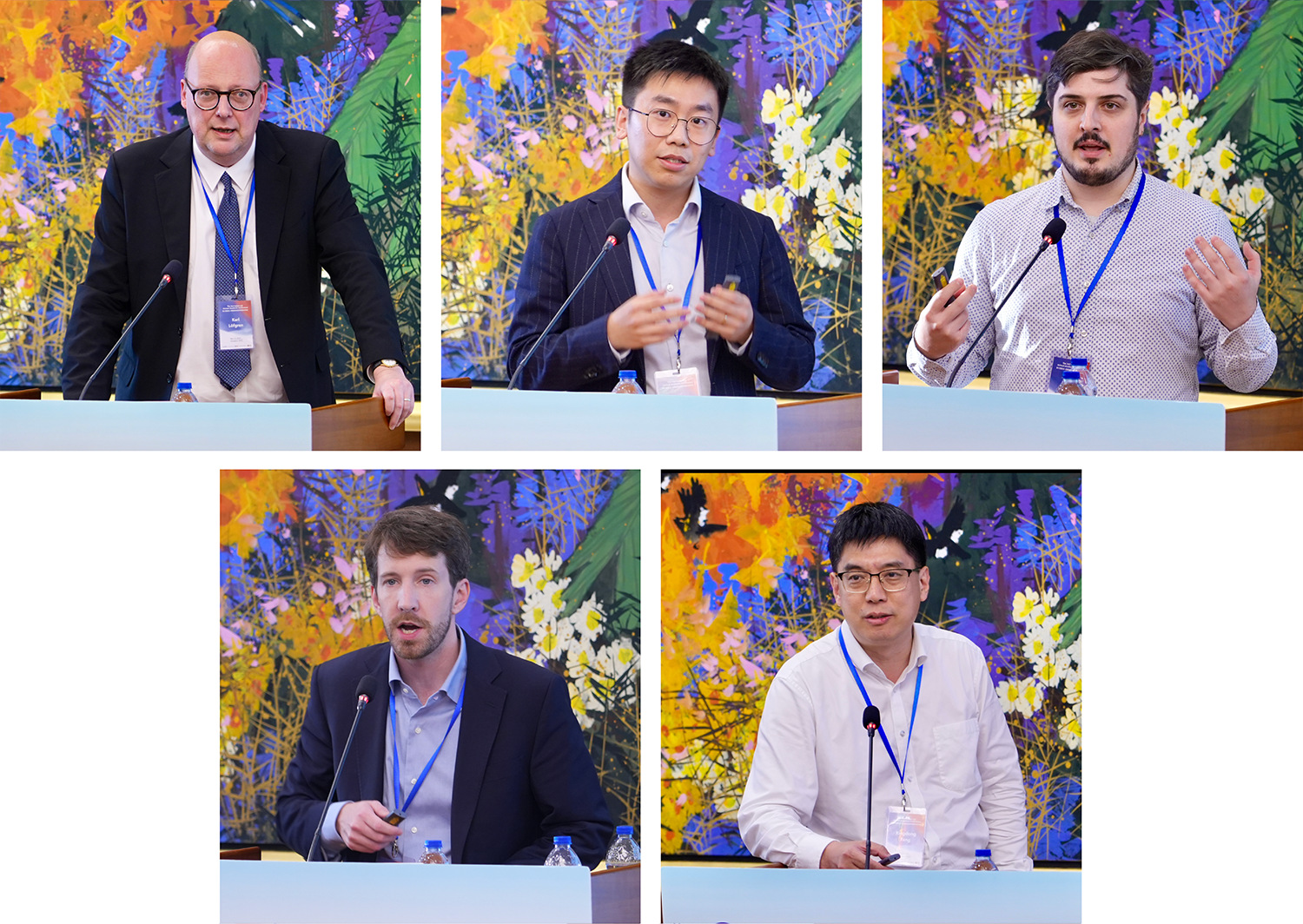
The fifth panel focused on Global Health Governance. Andrew Street, shared his research on adapting risk scores for hospital frailty in China. Yingyao Chen, from the School of Public Health at Fudan University, discussed financial protection policies for expanding health coverage in the Asia-Pacific region, delivered online. Clare Wenham, from the LSE Department of Health Policy, presented her latest research on the WHO’s 'Pandemic Treaty' negotiations. Xin Ye, from IGPP, analyzed the impact of life course factors on cognitive function in later life. Justin Parkhurst, from the LSE Department of Health Policy, offered insights on the role of scientific evidence in public policy. Yuxi Zhang, from the UCL Global Business School for Health, delivered a speech on research related to public health crisis response.
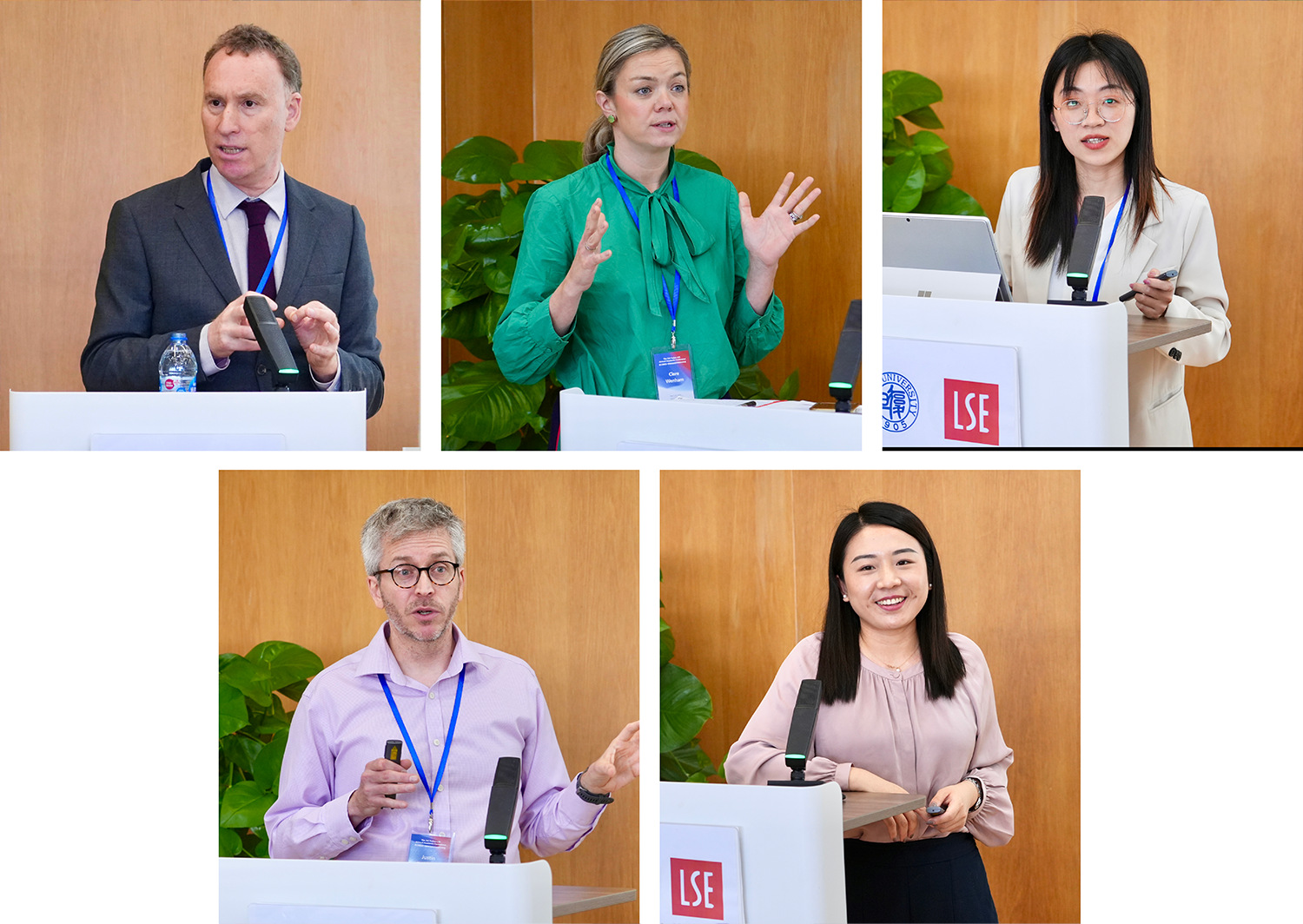
At the closing ceremony, Professor Bingchun Meng delivered a brief speech. She highlighted that the conference laid a foundation for further strengthening communication and cooperation on global governance issues between the two institutions, and expressed her hope for continued interdisciplinary research and policy discussions between Fudan and LSE.
